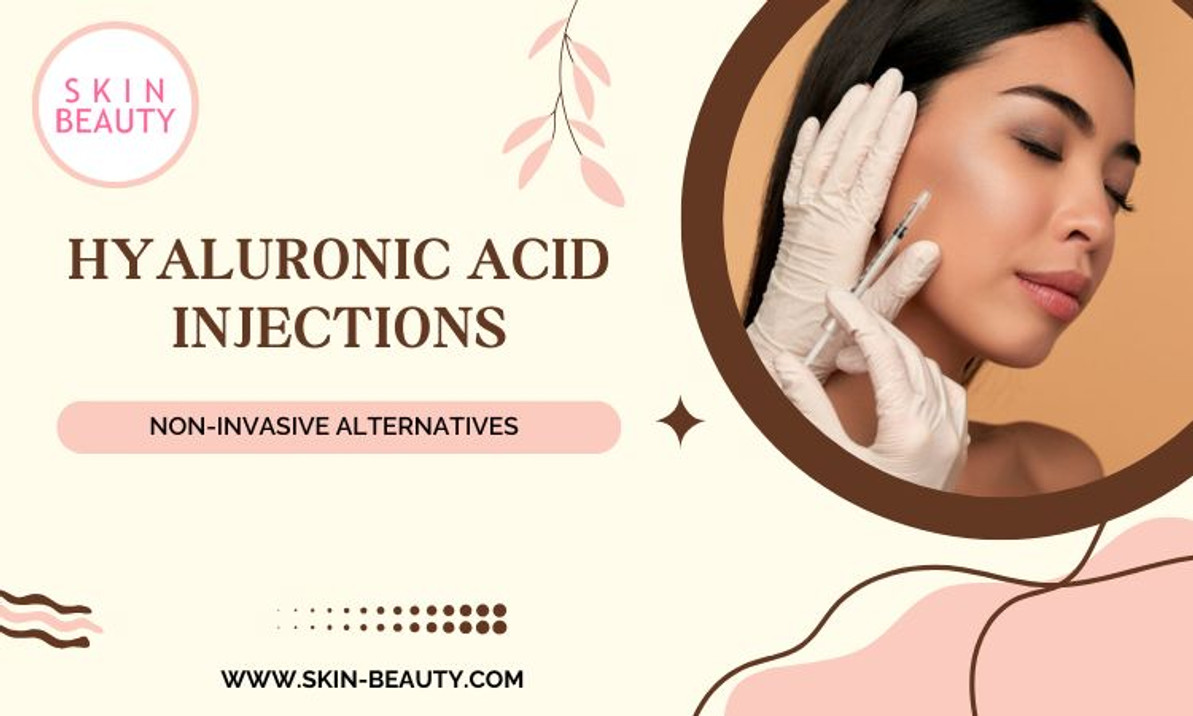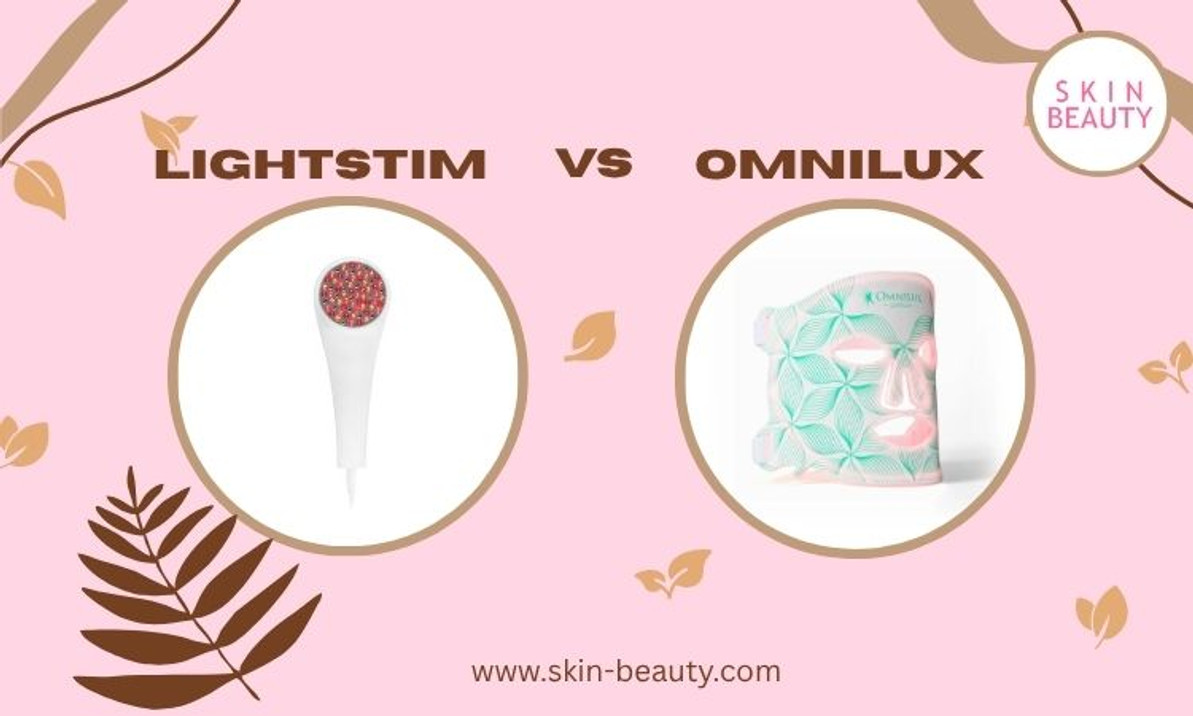How Niacinamide Makes Your Skin Happy
What is Niacinamide?
You've heard of retinol and hyaluronic acid, and vitamin C. Still, niacinamide is another significant element that deserves its own time in the skincare spotlight. Niacinamide is found in various foods, for example, green vegetables, yeast, meat, fish, milk, eggs, beans, cereal grains and milk. You can also find Niacinamide in many vitamin B complex supplements with other B vitamins.
Many of these advantages result from niacinamide's possible anti-inflammatory and antioxidant impacts on your skin, which support it to preserve your cells from harm.
Benefits of Niacinamide

- Defends against sun harm and certain skin cancers
According to one of the studies, many people found that high-dose niacinamide supplementation appeared in a 23 percent drop in the expansion of new nonmelanoma skin cancers. While defending skin cells from harm created by UV rays, niacinamide also supports vital skin cells.
- Reduces hyperpigmentation
One of the significant advantages of topical niacinamide is that it helps limit hyperpigmentation, the expansion of discolored patches on your skin. According to a study, niacinamide appears to develop a more even skin tone by insignificantly lowering melanin creation without compromising the health of melanocytes, the cells that create melanin.
- Encourages skin integrity
Topical niacinamide may also improve the thickness of the stratum corneum, the top layer of your skin. This can maintain your skin better, keep on to moisture, and enhance your skin barrier function, which performs a considerable role in immune health.
- Decreases acne
According to a research, topical niacinamide may be able to decrease the number of acne spots on your skin by 40 to 60 %. Likewise, for stubborn acne, research shows that niacinamide may be sufficient.
- Reduces the appearance of wrinkles
A study says that over-the-counter creams which include niacinamide and retinal propionate have comparable wrinkle-reducing influences to prescription tretinoin creams, with fewer side effects.
- Rejuvenates skin texture
It has been shown to reduce inflammation, which can help soothe redness from acne, eczema, and other skin woes. Niacinamide may also help decrease pore size eventually.
- Moisturizes
Surprisingly, oral niacinamide intake may also help prevent losing moisture in your skin, leaving your skin more hydrated. Niacinamide helps your skin produce a ceramide (lipid) barrier, which, in turn, helps hold moisture.
WHEN and HOW should I use it?
Frequently niacinamide is included as an element inside other products – in which case, view their instructions before using. As an example, if you use a niacinamide serum, apply before richer creams or oils and avoid combining with vitamin C (as it can minimize its results). Niacinamide can be used both morning and night.
Whether your skin is oily, dry, combination, or dehydrated, truly everyone can gain from using niacinamide in your skin management routine. Using it can give you hydration, smoother skin texture, and a decrease blackheads, breakouts, and redness. This performs adding niacinamide to your skincare routine a manageable process.
Following are a few ideas you can merge niacinamide into your skincare management:
- Apply niacinamide serum following cleansing and toning facial skin
Niacinamide serums are great to apply after cleansing and toning. You’ll find that these serums usually are waterbased, and so should be applied before any moisturizers and more concentrated oil-based serums. This assures the best result and capability of the serums. It would help if you used the serum on the whole face and get even coverage on high sebum activity zones.
-
Apply niacinamide moisturizer at the end of your skincare routine
Various pore refining and anti-aging moisturizers now include niacinamide. These moisturizers should be used toward the end of your skincare management, after cleansing, toning, and serums, but before sunscreen and makeup.
DO NOT apply niacinamide serums and creams all together as topical vitamin c serums/creams. Niacinamide can harm the integrity of vitamin c, performing both methods significantly less effective. If you’re using a product that includes both vitamin C and niacinamide, it’s expected to be specially formulated so that they can operate unitedly.
But if you’re using two different products with these elements, wait at least 15 minutes (or longer) between applications, or save one for morning use and the other for evening use. Remember that niacinamide is not a strategy for continuing acne/blemishes. If you suffer from acne, consult a dermatologist for professional advice.
Recent Posts
-
Hyaluronic Acid Injections
Hyaluronic Acid Injections: What to Know & Non-Invasive Alternatives That Actually Work In the p …Jun 17th 2025 -
Kojic Acid Creams
My Kojic Acid Journey: How One Ingredient Transformed My Skin (And the Best Kojic Acid Creams to Try …Jun 11th 2025 -
LightStim vs. Omnilux
LightStim vs. Omnilux: My Real LED Skincare Results & Which One I Recommend LED light therapy&nb …Jun 3rd 2025




